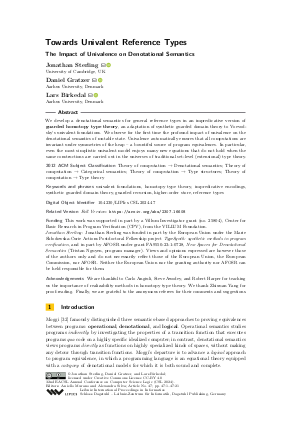LIPIcs.CSL.2024.47.pdf
- Filesize: 0.93 MB
- 21 pages

 Creative Commons Attribution 4.0 International license
Creative Commons Attribution 4.0 International license











Feedback for Dagstuhl Publishing